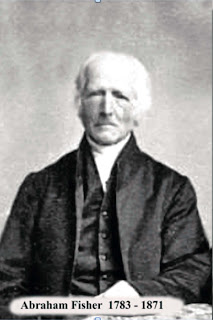Cork Examiner, 1 January 1847.
Dungarvan Dec. 27: The resolve of the ladies to establish these depots [soup kitchens] is a noble one and their exertions to carry it out in the most useful and effective manner are decidedly unprecedented.
Woman, true to the instincts of her own beautiful—almost spiritual—nature, saw that there was one great necessity, which male relief committees, or the desultory employment afforded by public works, could not possibly remedy, and she immediately proceeds to supply it. She, by that more refined and subtle perception, that heart-touching sensibility so peculiarly her own, felt, and truly felt, that there was many a hapless creature who, in this awful passage in our calamitous history, was forced, at whether through the pride which belonged to better days, or by reason of decrepitude or old age, to shrink away, forgotten by the world, into squalid and miserable domiciles, located in dark and filthy lanes, there to die, with hunger, and not one friendly hand to extend relief. … many a poor widow and helpless female, with no person to earn a shilling for her sustenation—with the poor house here fill and she feeling this, put into execution, in these districts, a plan so comprehensive, that it will embrace, all the above cases of destitution within the sphere of its operation.
And what can be so delightful as to find these gentle beings leaving their drawing rooms, their perfumed chambers, their refined and elegant amusements, their lulling music, etc., to enter the house of poverty and wretchedness and rags and multiform misery, where every sight is almost loathsome; every scent pestiferous; every sound the moans of the creature stretched in a bedless dormitory, reduced to a skeleton by emaciating poverty and starvation; and bringing with them the nourishment afforded by these depots? To find them exploring these haunts of misery and hunger for the purpose of alleviating them is, indeed, a scene for angels to smile on— one performed by little less than themselves. There is in it a thousand times more of the heroine than in deeds which may sound far higher, but which could not affiliate with the wretched poor.
These benevolent ladies have thrown aside every distinction, which in ordinary times the conventionalities of society may, perhaps, act out from them. They feel fully the pressure of the times, the necessity for action, and since the formation of their plan, no exertion has been spared by them in carrying it out. Their only emulation is who can do the most good . …




No comments:
Post a Comment